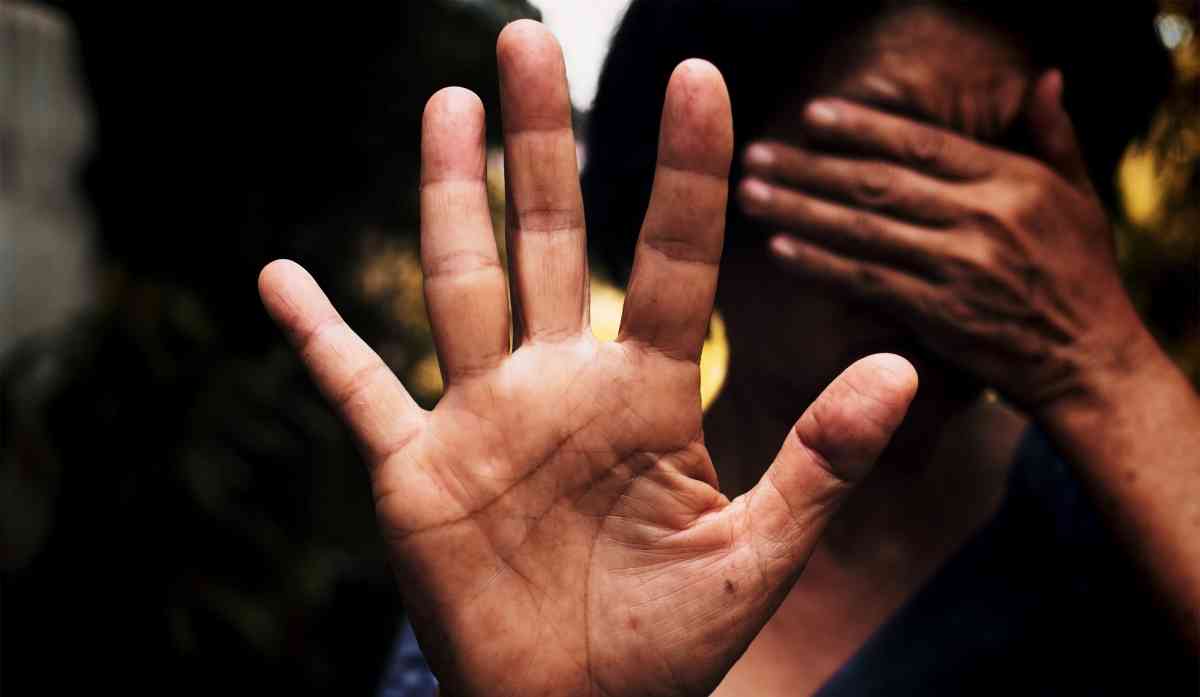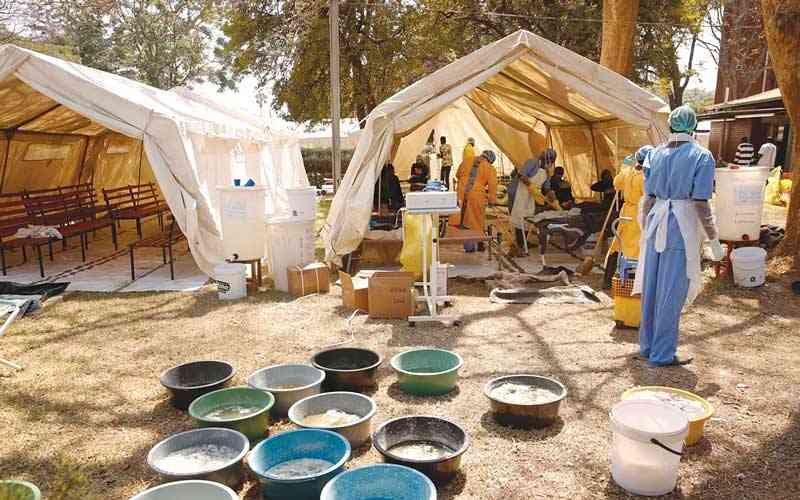
GENDER-BASED violence is a cancer that has afflicted Zimbabwe for a long time, and remains a stain in our society.
It also puts thousands of women at risk of being killed or maimed by their violent partners.
Over the years, there have been many high-profile cases in the country: In 2019, Vice-President Kembo Mohadi was accused of beating his ex-wife and threatening her with an axe, according to reports.
In 2022, popular urban groover Stunner was arrested and charged with hitting and kicking his wife and pulling out her artificial fingernails for refusing him access to her phone, although he was later acquitted.
Latest statistics indicate that about 40% of women aged between 15 and 49 in the country have experienced physical and/or sexual violence perpetrated by their partners. A World Bank report in 2019 suggested that gender-based violence affects one in every three women globally.
It was, therefore, saddening to hear Women Affairs ministry legal adviser Fungai Chiware telling the Parliamentary Portfolio Committee on Women Affairs on Monday this week that they had simply passed on the financial burden of combating GBV to not-for-profit organisations.
Chiware said poor government funding meant that strategies being implemented towards curbing violence against women and girls were left in limbo.
The government, it must be noted, has committed to cover 90% of the costs on GBV programmes funding by 2030, but is currently only covering 10%.
- Call for recognition of unpaid care, domestic work
- Zim has 2nd highest rising food prices: WB
- 'Market discipline difficult to maintain'
- Govt policy unpredictability destroying formal economy
Keep Reading
“There is need for increased domestic funding for GBV programming which leaves most of the funding, approximately 80% coming from external donors. This must be a cause for concern. While external donor funding is welcome, it is not sustainable,” Chiware told parliamentarians.
“The government is meeting approximately 10% of the estimated US$80 million prevention and response budget while the gap is largely filled by external donors.”
The government must realise that gender-based violence is not just a women’s issue, it is a human rights issue and it must be tackled with the same vigour as other societal ills such as corruption and child marriages, among others.
We note Chiware’s statement that violence against women and girls in Zimbabwe had reached “pandemic” levels and demand that the government act accordingly.
It is critical that as a country, we explore ways of increasing domestic funding for GBV programmes.
Chiware’s statement that: “Gender-based violence is unacceptably high and the prevalence has reached the pandemic stage” must be a call to action.
The government must ensure a safe environment for the girl child and women in the country. GBV is a societal ill we cannot afford, or we doom the nation.








